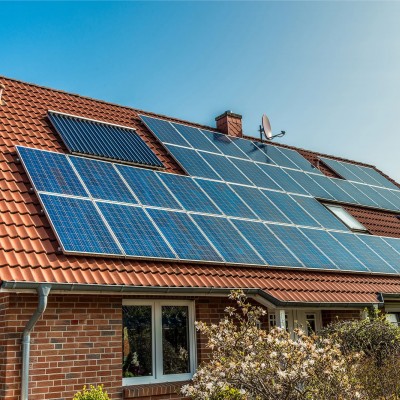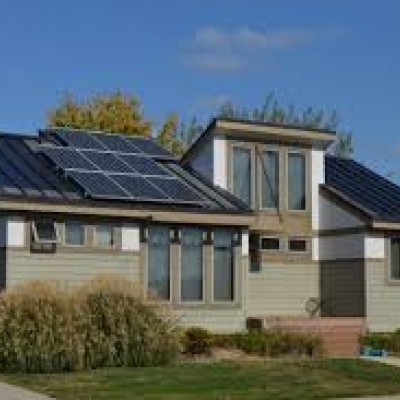New Study Values Solar at 22-28 cents per kWh
A study released today by the Acadia Center puts the value of solar at 22-28 cents/kWh, with additional societal values of 6.7 cents/kWh. A summary of the study's results from the Acadia Center is below. You can access the study here.
Acadia Center today released a study that quantifies the grid and societal benefits of solar photovoltaic systems (solar PV) in Massachusetts. Establishing the value of distributed resources is increasingly important as states explore ways to meet energy needs and deploy clean energy resources. Acadia Center has also released a Value of Solar study for Connecticut, and Maine 's Public Utilities Commission recently completed a similar type of analysis.
Acadia Center assessed the value of six hypothetical solar PV system configurations to better understand the overall value that solar PV provides to the grid. By evaluating an array of configurations, this analysis determines that the value of solar to the grid---and ratepayers connected to the grid---ranges from 22-28 cents/kWh, with additional societal values of 6.7 cents/kWh.
"Solar generation is a valuable local energy resource that provides significant benefits to ratepayers," said Jamie Howland, Director of Acadia Climate and Energy Analysis (CLEAN) Center. Solar PV provides unique value to the electric grid by producing clean energy and avoiding generation and related emissions from conventional power plants. The overall grid value of solar is the sum total of these different benefits.
The benefits vary based on the time and location of output from solar panels. Acadia Center examined these variations in the study, including the impacts of orientation (i.e. west- or south-facing arrays) on the value of solar PV. One key finding is that under traditional net metering, west-facing arrays---which maximize output during periods of peak demand---would receive approximately 20% less credit than a comparable south-facing system, despite the fact that they produce approximately the same overall value to the grid.
In addition to value to the grid, Acadia Center's study finds that solar PV provides broader societal advantages, such as environmental benefits from avoided greenhouse gas emissions and other pollutants. "Societal benefits should be used when assessing the overall costs and benefits of solar PV and determining additional incentives," said Leslie Malone, Acadia Center Senior Analyst and an author of the report.
The report provides information that is relevant for the Net Metering and Solar Task Force in Massachusetts, which will conclude its work at the end of April. "Having a better understanding of the value of solar PV and its components will help the task force and policy makers recommend and advance policies that help to encourage deployment of this clean energy resource," said Mark LeBel, Staff Attorney with Acadia Center and the organization's Massachusetts lead on solar policy.


